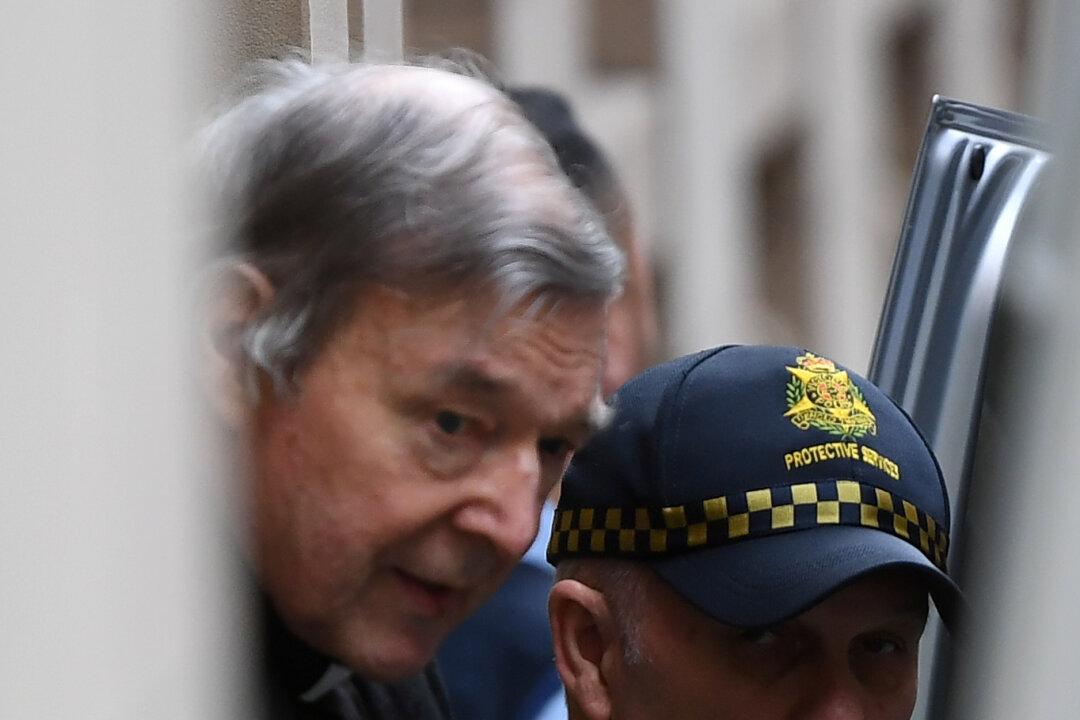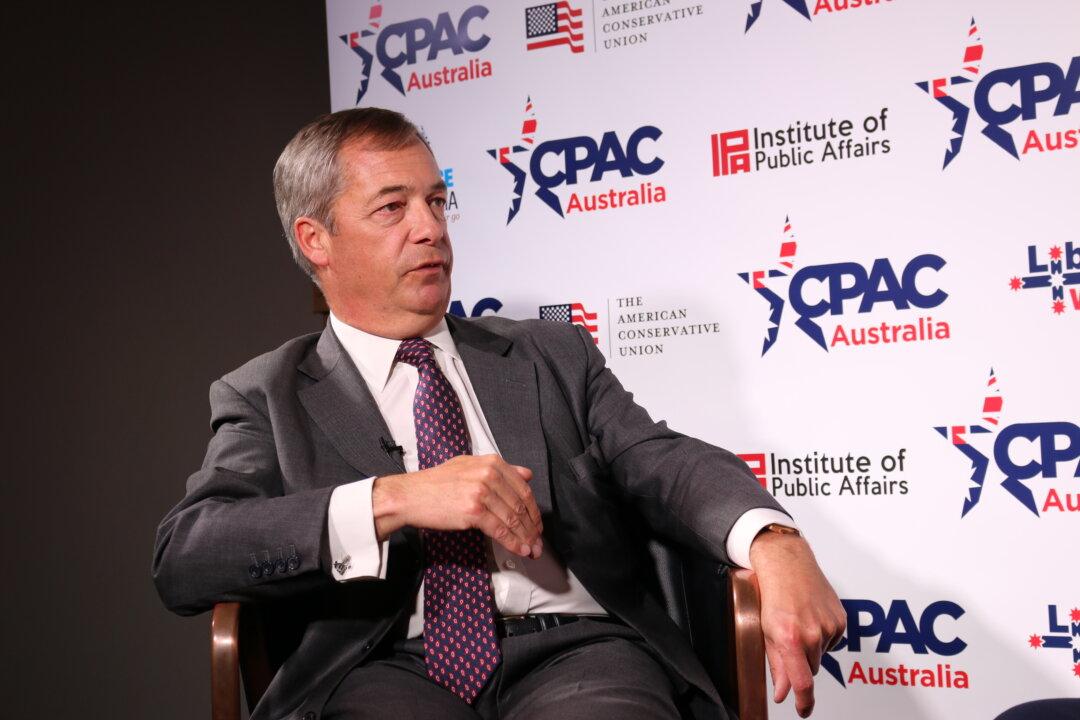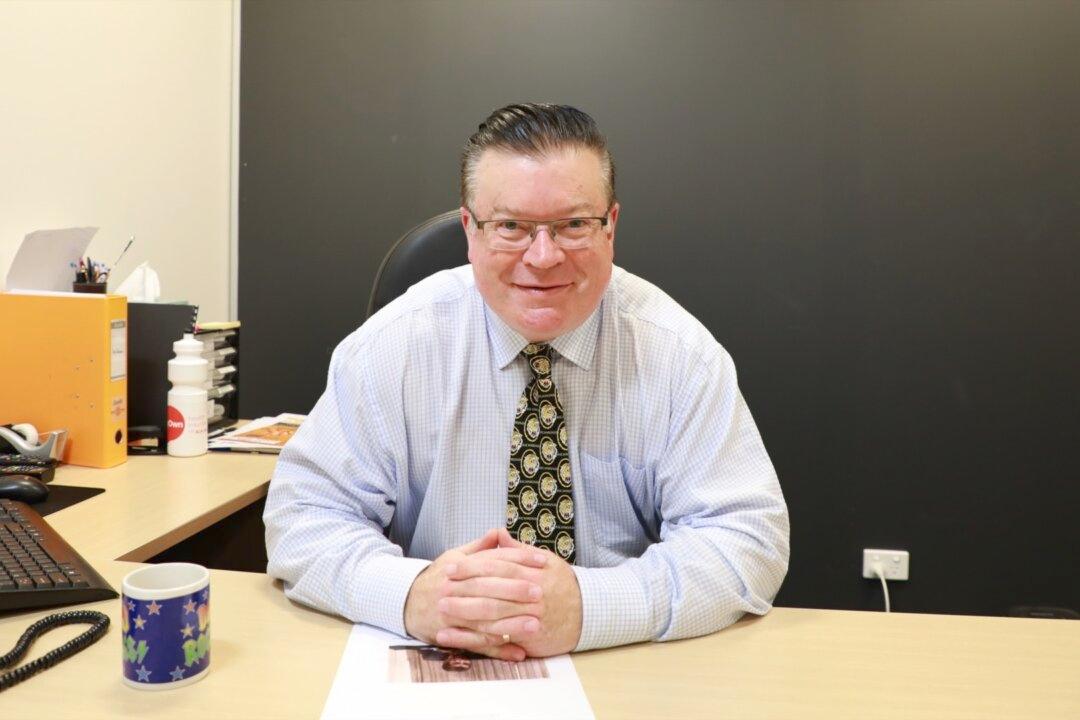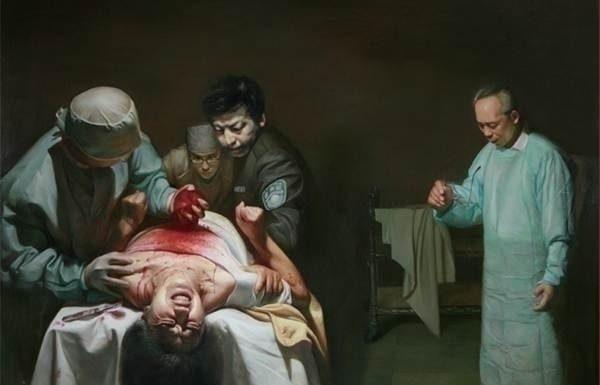MELBOURNE, Australia—A worldwide audience watched as Australia’s highest-ranking Catholic and a former top adviser to Pope Francis was sentenced to a maximum of six years in prison for sexually abusing two choirboys in the 1990s.
County Court Chief Judge Peter Kidd’s sentencing of Cardinal George Pell was broadcast live from Victoria’s County Court in Melbourne on March 13, just a few blocks away from the maximum security prison where the former archbishop was being held.




